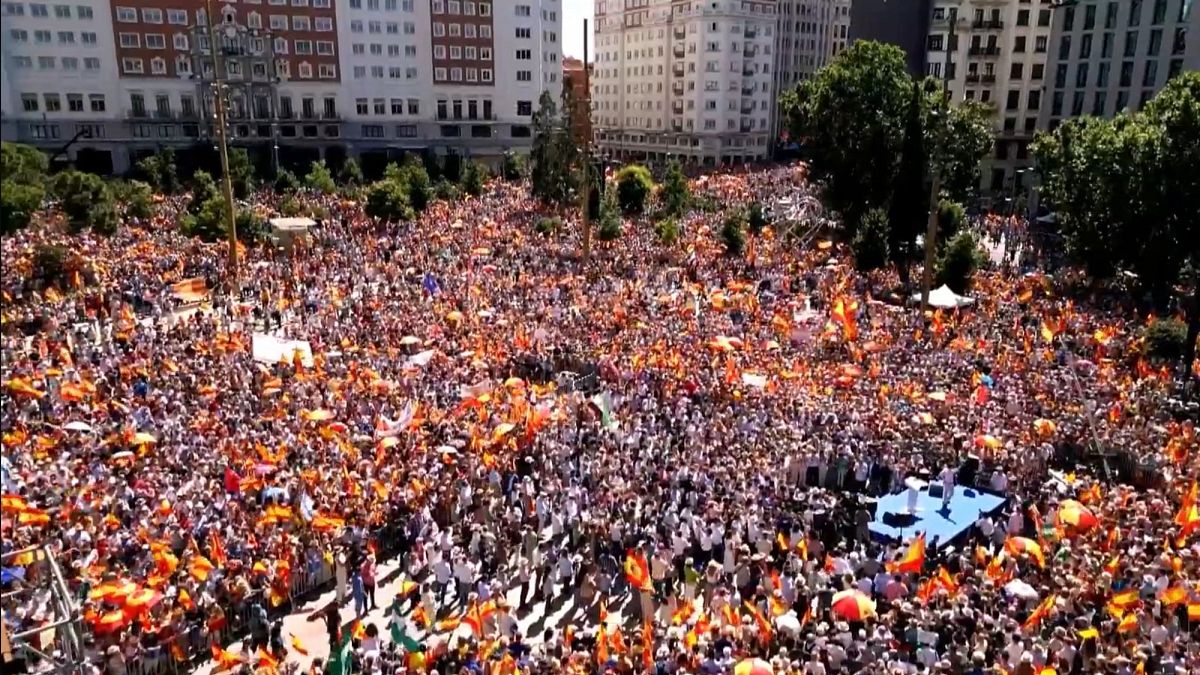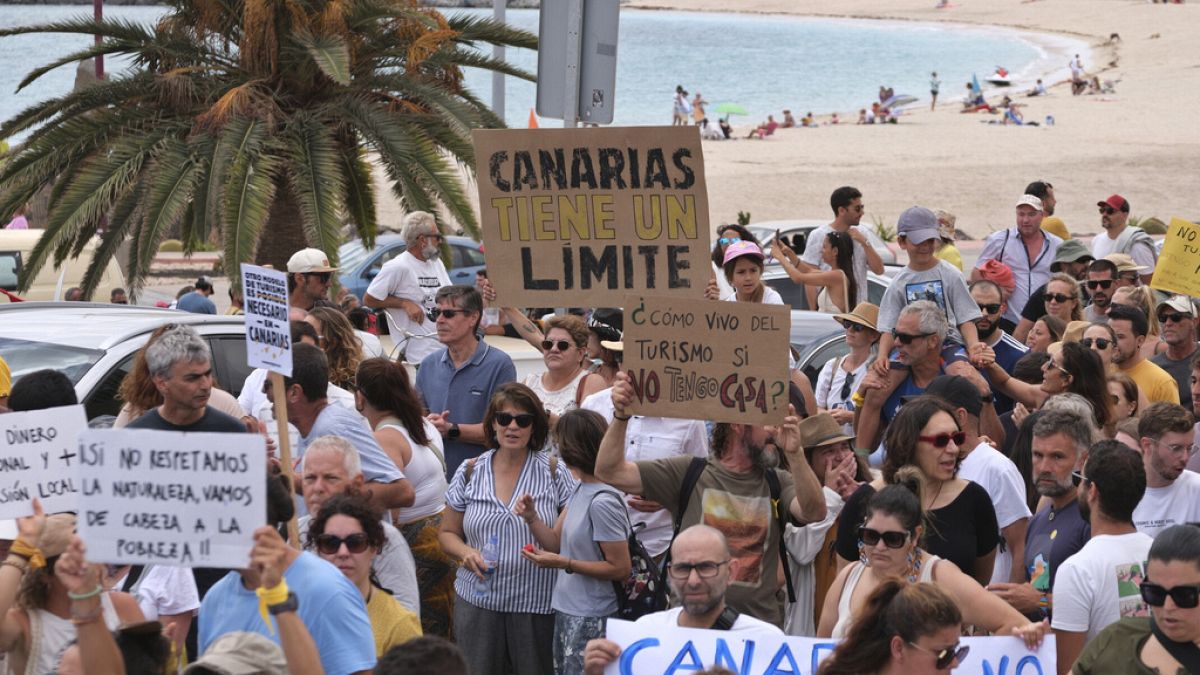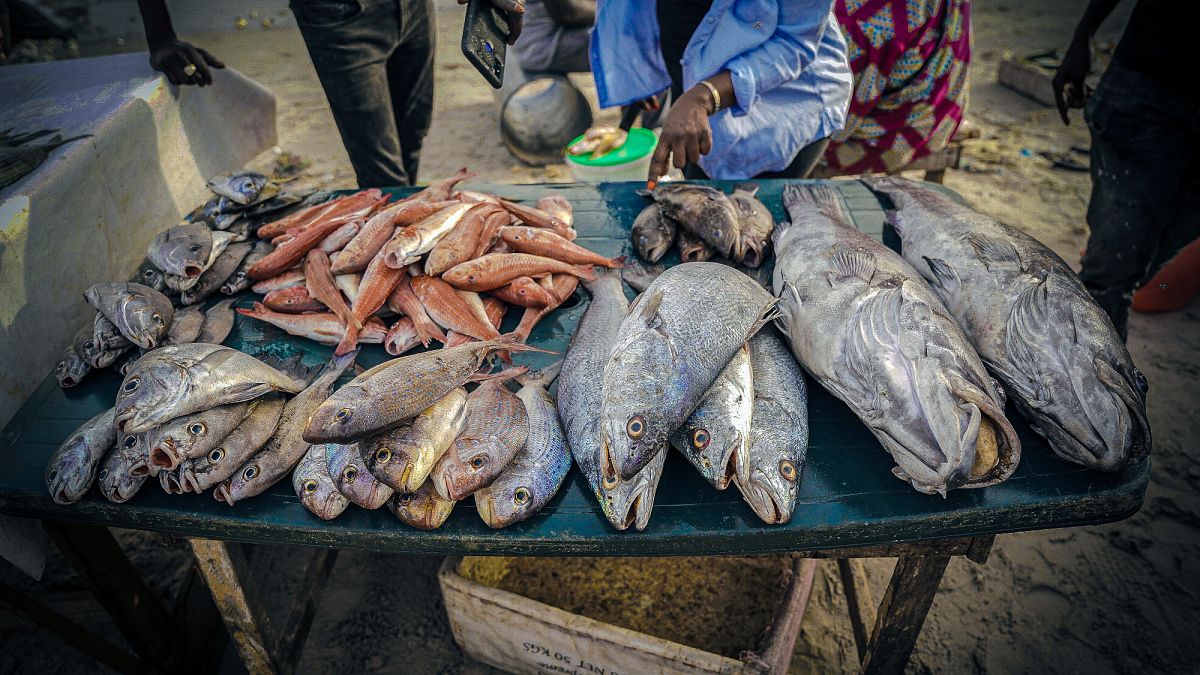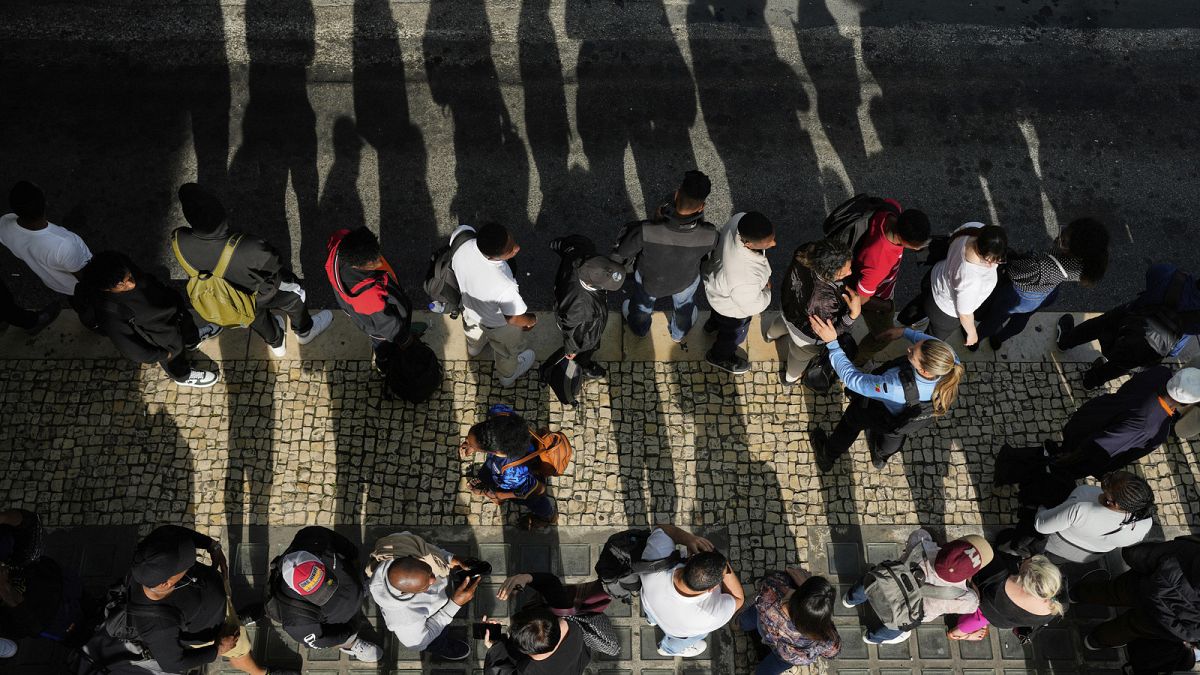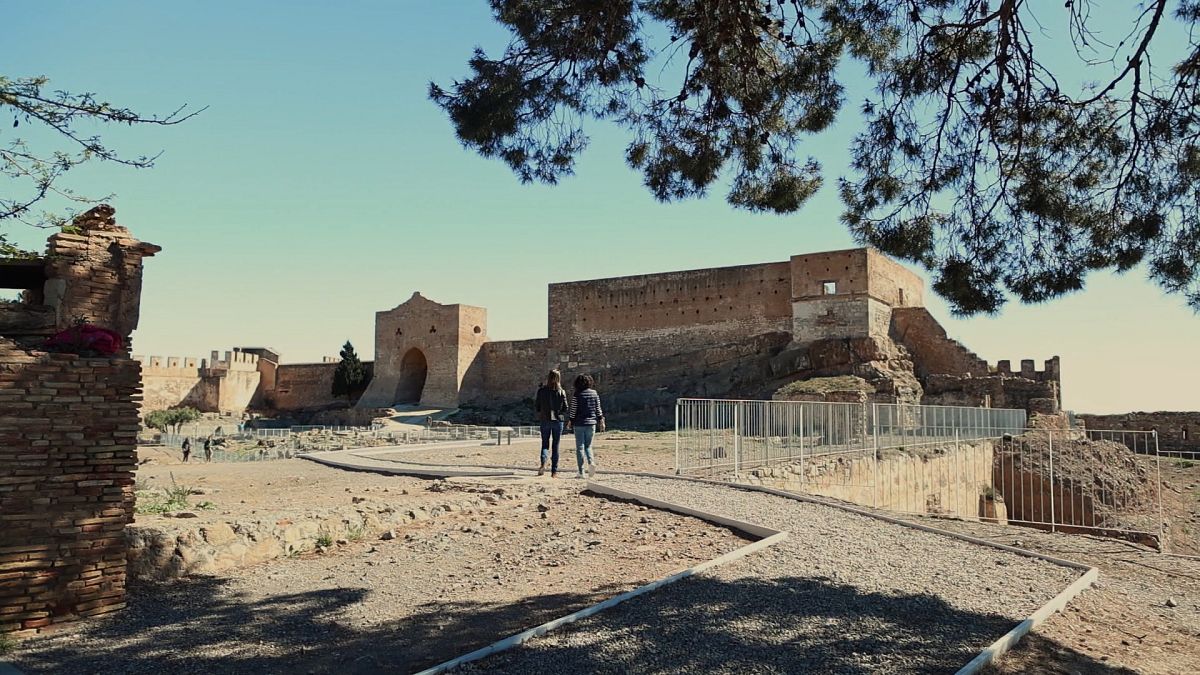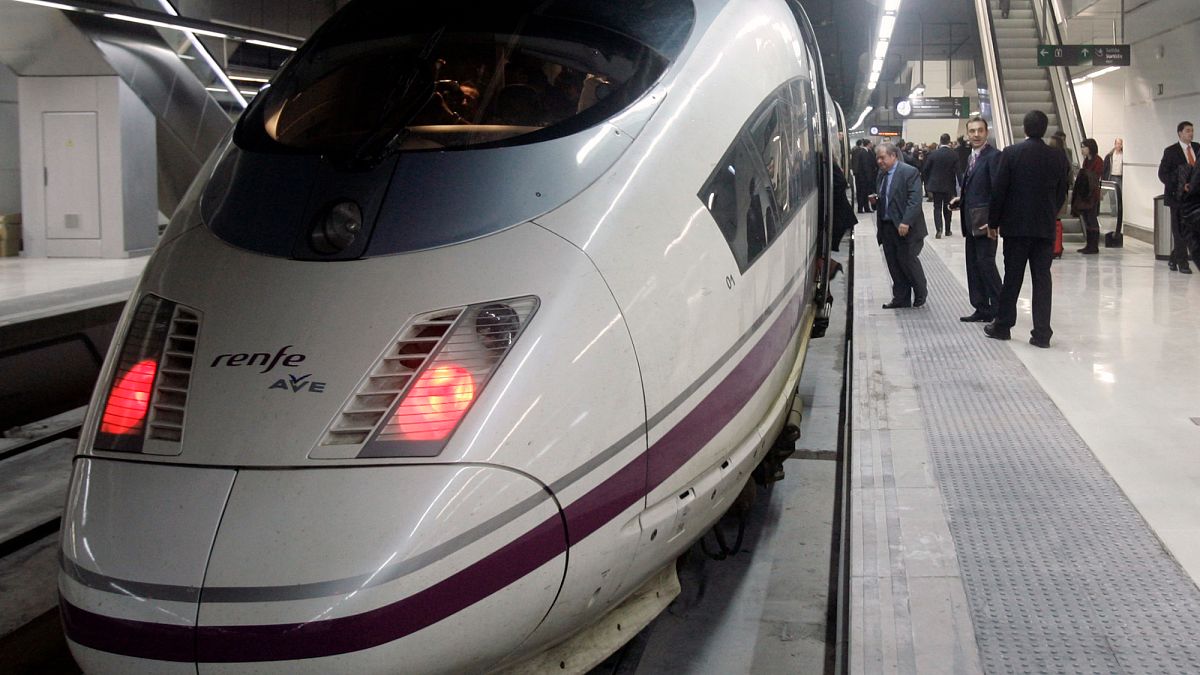Spanish government allocates €2 billion to fight drought
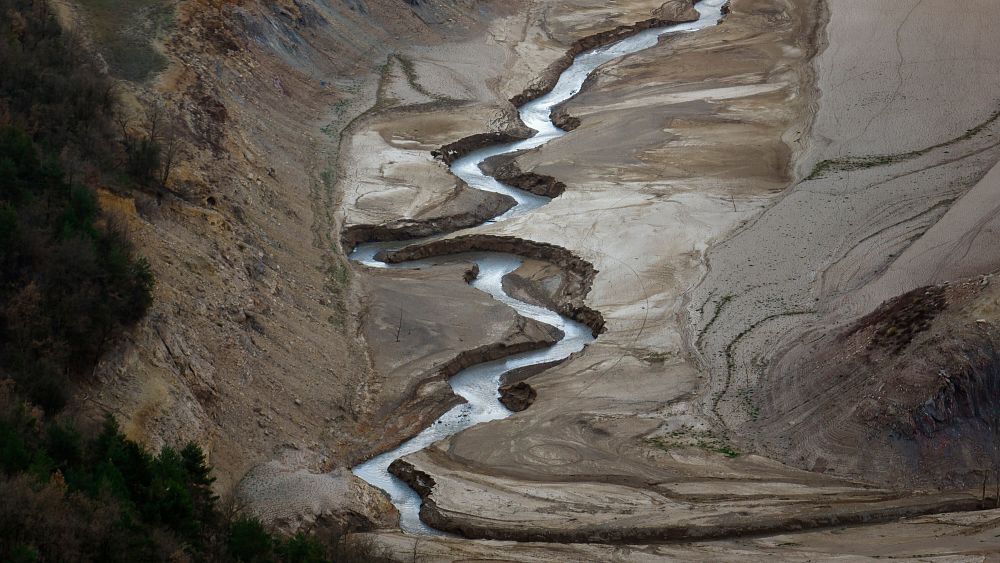
Reservoirs are running worryingly low in the “vegetable garden of Europe”.
The Spanish government today approved a package of measures worth more than €2 billion to combat a severe drought threatening water resources and agriculture.
Spain’s reservoirs, which store rainwater for use in drier months, fell in the first week of May to an overall 48.9% of their capacity, with Catalonia and Andalusia especially hit.
Of the €2.19 billion, just under two-thirds (€1.4 billion) will be used to build new infrastructure to tackle water shortages, including seawater desalination plants or systems for reusing wastewater.
The remainder (€784 million) will be spent on a range of support for agriculture, with almost half of which going to help livestock and milk producers.
The emergency measures were announced after a ministerial meeting specially convened to address the problem, highlighting the urgency of the situation – as well as the importance attached to it by Socialist prime minister Pedro Sánchez’s left-wing government.
“Spain is a country that is used to dealing with periods of drought, but due to climate change we are experiencing a much greater incidence of more frequent and intense episodes,” said the Minister for Ecological Transition, Teresa Ribera, at a press conference.
The plan comes just over two weeks before municipal and regional elections in which the issue of water use has become a central campaign issue, leading the right-wing opposition to accuse the government of “electoralism” over its action to tackle the crisis.
Following an already very bad 2022 for rainfall and temperatures, this year Spain recorded its hottest and driest April since at least 1961, the start of the statistical series used for comparison by the National Meteorological Agency.
The main farmers’ union estimates that 60% of farmland is currently “suffocated” by the lack of rainfall, even though the southeast of the country is considered the “vegetable garden of Europe”.
Spain’s water shortage has caused many farmers to abandon spring planting, especially of cereals and oilseeds, with the risk of food shortages and an explosion in prices.
Source: Euro News



